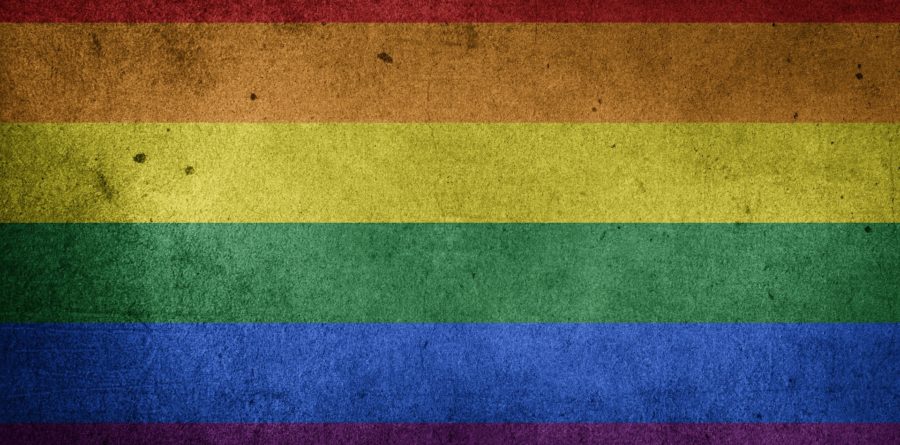4/10/2019
Millions of women coerced into working longer to earn their pensions
Contributed by Equality Group
8/07/2019 - Equality Group

Equality Group, a consultancy that helps companies attract, retain and develop diverse talent, assesses why the UK’s LGBTQ+ community is one of the most disenfranchised in the UK’s workforce.
This week, cities around the world are hosting their annual Pride Parade, a celebration of the LGBTQ+ community, and the freedom to express one’s true identity, freely and with confidence. Serving as a societal backdrop to the 50th iteration of Pride, the latest ONS figures show there are an estimated 1.1 million people aged 16 years and over identifying as LGBTQ+, one in four 18-24 year olds identifying as gay and/or bisexual, and London emerging as the ‘Gay Capital’ of the UK, with the highest percentage across the UK (17%) saying they’re gay, lesbian or bisexual.
Key research findings
Serving as a stark backdrop to the data, The National LGBT Survey 2018/19 found that over two thirds (68%) of all respondents with a minority sexual orientation said they had avoided holding hands in public with a same-sex partner for fear of a negative reaction from others. Similarly, 70% said they had avoided being open about their sexual orientation for fear of a negative reaction; this was higher for cisgender respondents who were asexual (89%), queer (86%), and bisexual (80%).
According to the ONS, over the last five years, the proportion of the UK population identifying as lesbian, gay or bisexual (LGB) has increased from 1.5% in 2012 to 2.0% in 2017. However, according to the LGBT National Survey, on average, respondents were less satisfied with their life nowadays than the general population, with many of the LGBTQ+ community responding negatively to their professional development, citing unconscious homophobia and unacceptance of them as LGBTQ+ as the main reason for their response.
CEO and Founder of Equality Group, Hephzi Pemberton, is of the opinion: “These findings are shocking, but sadly, not surprising. So many of the LGBTQ+ community face barriers, conscious and unconscious, in their professional career and development and it is not acceptable. Individuals and businesses alike need to come together to devise a sustainable way to tackle unconscious, sexuality bias to ensure that new and present members of the workforce are not subjected to this treatment at work. As part of the framework of our very basic human rights, the ability to express ourselves honestly is of critical importance. The UK is a leading first world economy – we, therefore, are charged with a global responsibility to define the status-quo of diversity, quashing the presence of the workplace injustice today’s data has revealed.
For further information visit the Equality Group website.
All articles on this news site are submitted by registered contributors of SuffolkWire. Find out how to subscribe and submit your stories here »